 NEW YORK (AP) — America's first family of jazz – patriarch Ellis Marsalis Jr. and four of his sons — were presented the nation's highest jazz honor at the 2011 National Endowment for the Arts Jazz Masters Awards Ceremony.
NEW YORK (AP) — America's first family of jazz – patriarch Ellis Marsalis Jr. and four of his sons — were presented the nation's highest jazz honor at the 2011 National Endowment for the Arts Jazz Masters Awards Ceremony.
It marked the first time the NEA had ever presented a group award since it launched its Jazz Masters program in 1982. The other 2011 Jazz Masters honored in the concert at Jazz at Lincoln Center's Rose Theater were flutist Hubert Laws, saxophonist and educator David Liebman, composer-arranger Johnny Mandel and record producer and author Orrin Keepnews.
Pianist Ellis Marsalis, 76, who championed modern jazz in his native New Orleans and, as an educator, mentored not only his sons but also future stars such as Harry Connick Jr. and Terence Blanchard, said the award had special meaning to him because he was a member of the NEA jazz panel that chose some of the first Jazz Masters in the ’80s.
“I did get to vote for some of those who became Jazz Masters, never really thinking that I would be voted at any time to be one of them,” said Marsalis.
Then, turning toward the Jazz at Lincoln Center Orchestra – with its leader, his son Wynton, seated in the trumpet section — a proud Marsalis said New Orleans might be the “birth place” of jazz, “but we don't have this in New Orleans.”
The elder Marsalis was then joined by his sons, Wynton (trumpet), Branford (saxophone), Delfeayo (trombone) and the youngest, Jason (drums), to play Jason's composition, At The House, In Da Pocket.
Earlier in the program, Wynton's warm trumpet sound was featured in a performance of Mandel's Oscar-winning song The Shadow of Your Smile, with the composer conducting the JALC Orchestra.
Mandel, 85, who went from playing trumpet and trombone and arranging for jazz big bands to become one of Hollywood's leading film composers, said that since 2005 he has been leading his own big band for the first time.
“I never wanted to lead a band at any time and I discovered I'm having the time of my life,” Mandel told the audience.
Saxophonist Benny Golson, a fellow Jazz Master, introduced Mandel as “a man who writes not only with his pen but with his heart.”
“I fantasize sometimes and I think that if everybody in the world knew Johnny Mandel's music there wouldn't be any more wars,” Golson said. “Who could fight after listening to beautiful music like that.”
Liebman, 64, said he felt “privileged to be here” with fellow Jazz Masters who “were my inspirations, my teachers and, in some cases, people I've worked with.” The soprano saxophonist paid tribute to his former bandleader, Miles Davis, by performing a medley of Summertime and There's A Boat Dat's Leavin’ Soon For New York in honor of Davis and arranger Gil Evans’ 1958 Porgy and Bess album.
Laws, 71, decided that rather than “babbling on” in an acceptance speech, he would speak through his music by playing the standard ballad Stella By Starlight in a duet with Jazz Master and pianist Kenny Barron, in which the flutist drew on his classical as well as jazz background.
Tenor saxophonist and Jazz Master Jimmy Heath, who recorded his first albums as a leader for Keepnews' Riverside record label, which also released LPs by Sonny Rollins, Thelonious Monk and Bill Evans, introduced the 87-year-old as a producer who “allowed the musicians artistic freedom.” The JALC Orchestra performed Re: Person I Knew from a 1974 Bill Evans album produced by Keepnews.
Heath also accompanied Italian singer Roberta Gambarini in a special performance of Angel Face, a tune composed by pianist Hank Jones with lyrics by singer Abbey Lincoln. That was part of a poignant tribute honoring four Jazz Masters who died last year — Jones, Lincoln, saxophonist James Moody and pianist and educator Billy Taylor.
The Jan. 11 awards ceremony was broadcast live by Sirius XM Satellite Radio, WBGO radio and NPR Music, which brought this year's concert its biggest audience ever, said NEA Chairman Rocco Landesman. He also announced a $250,000 grant to 15 arts organizations to present concerts featuring Jazz Masters, each of whom also receives a one-time $25,000 fellowship.

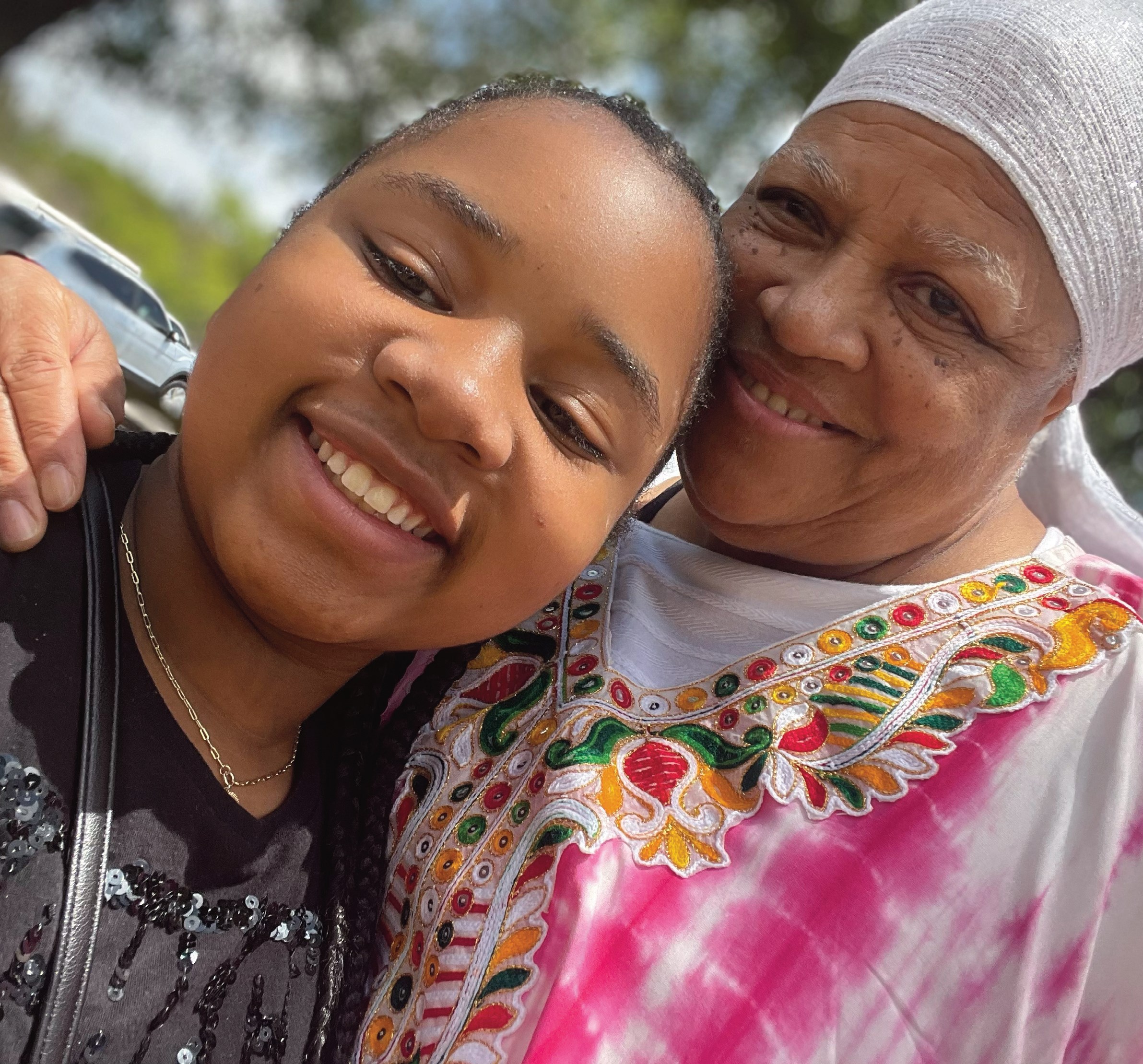
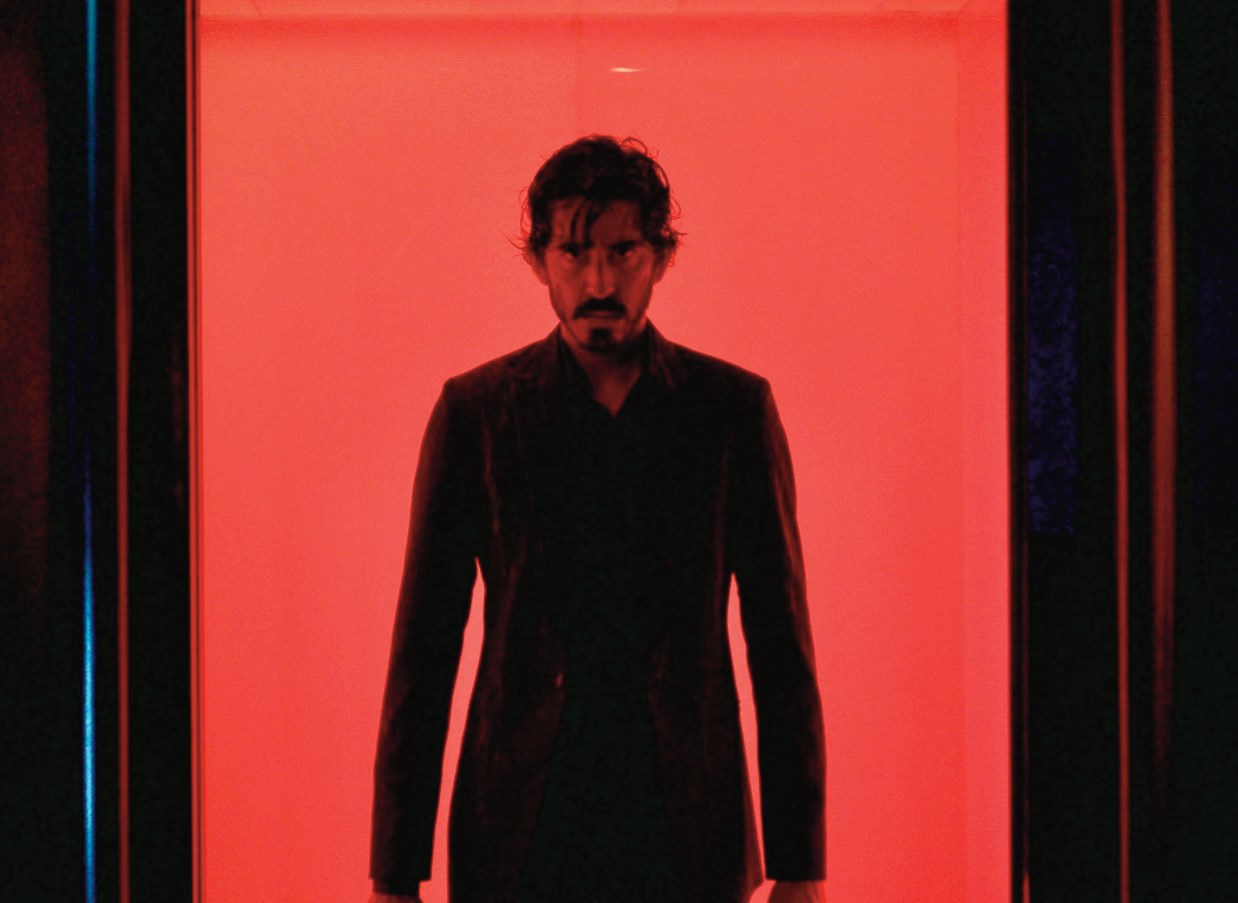
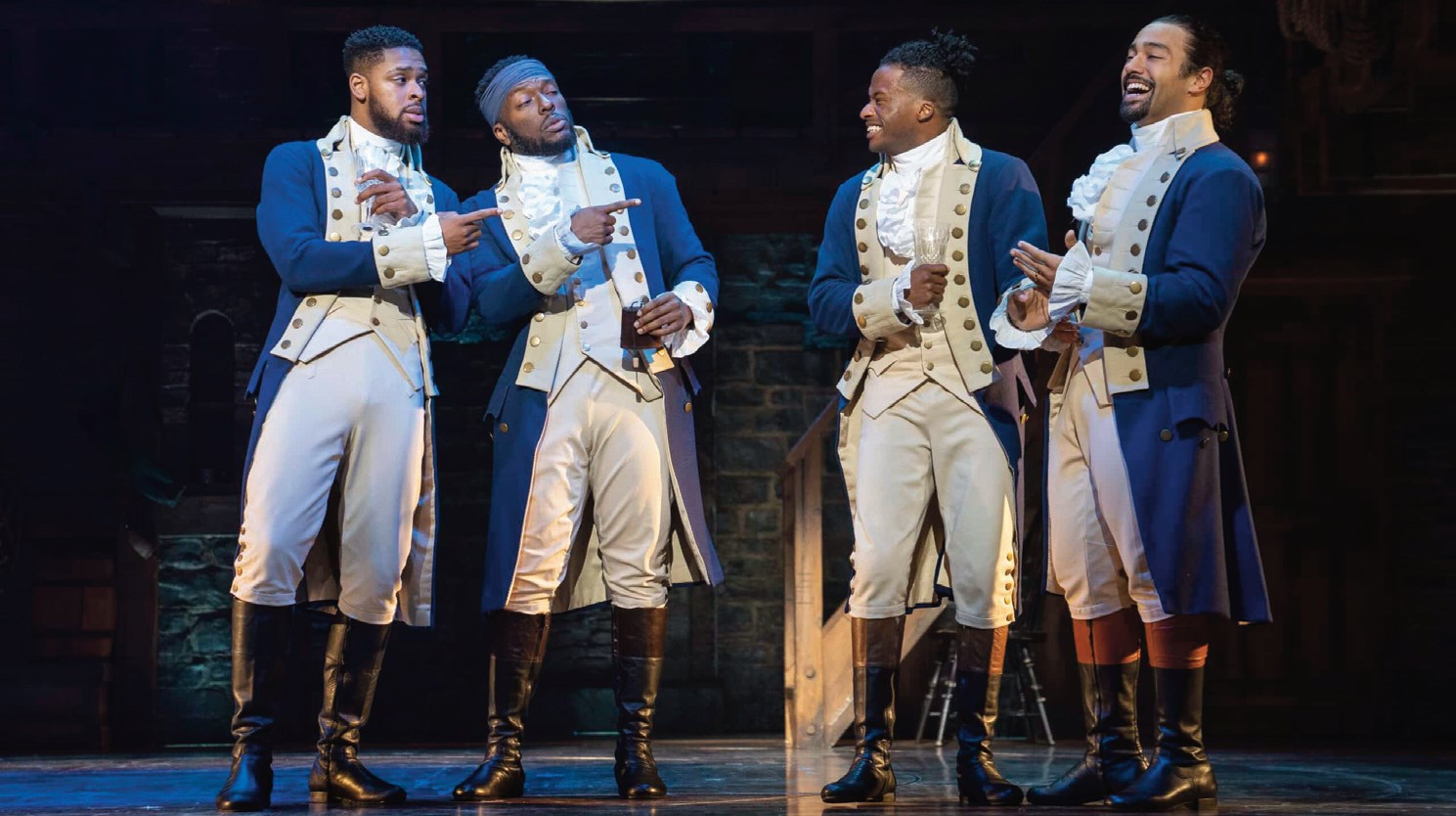
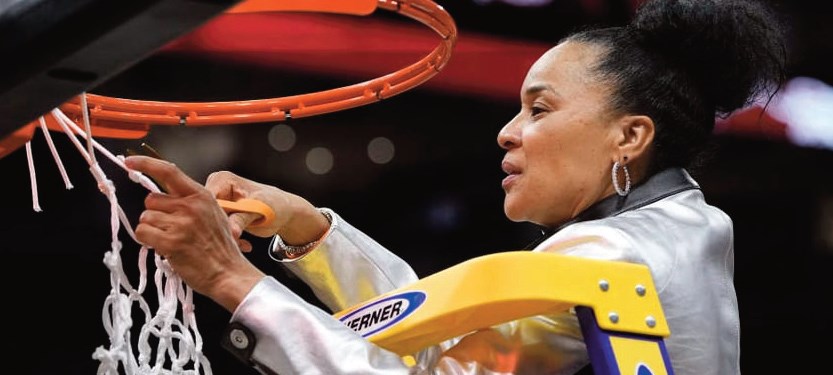
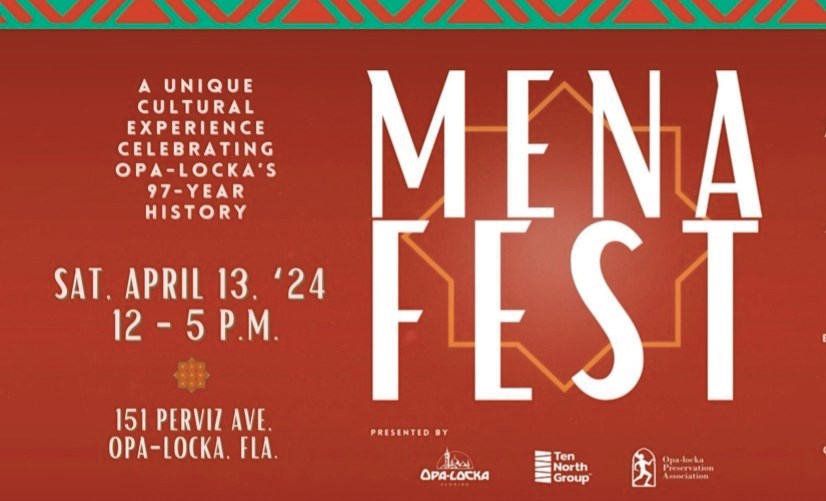
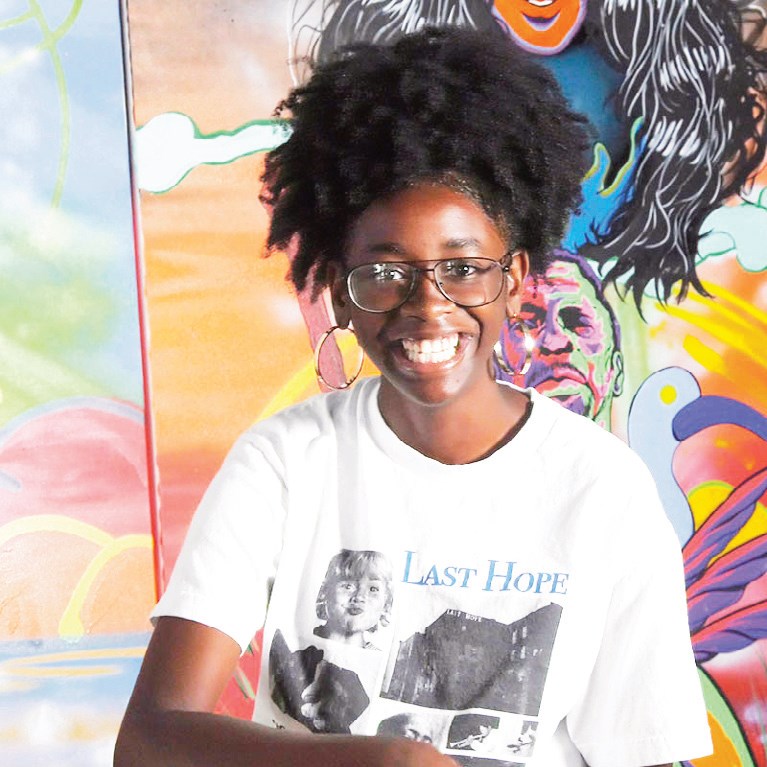
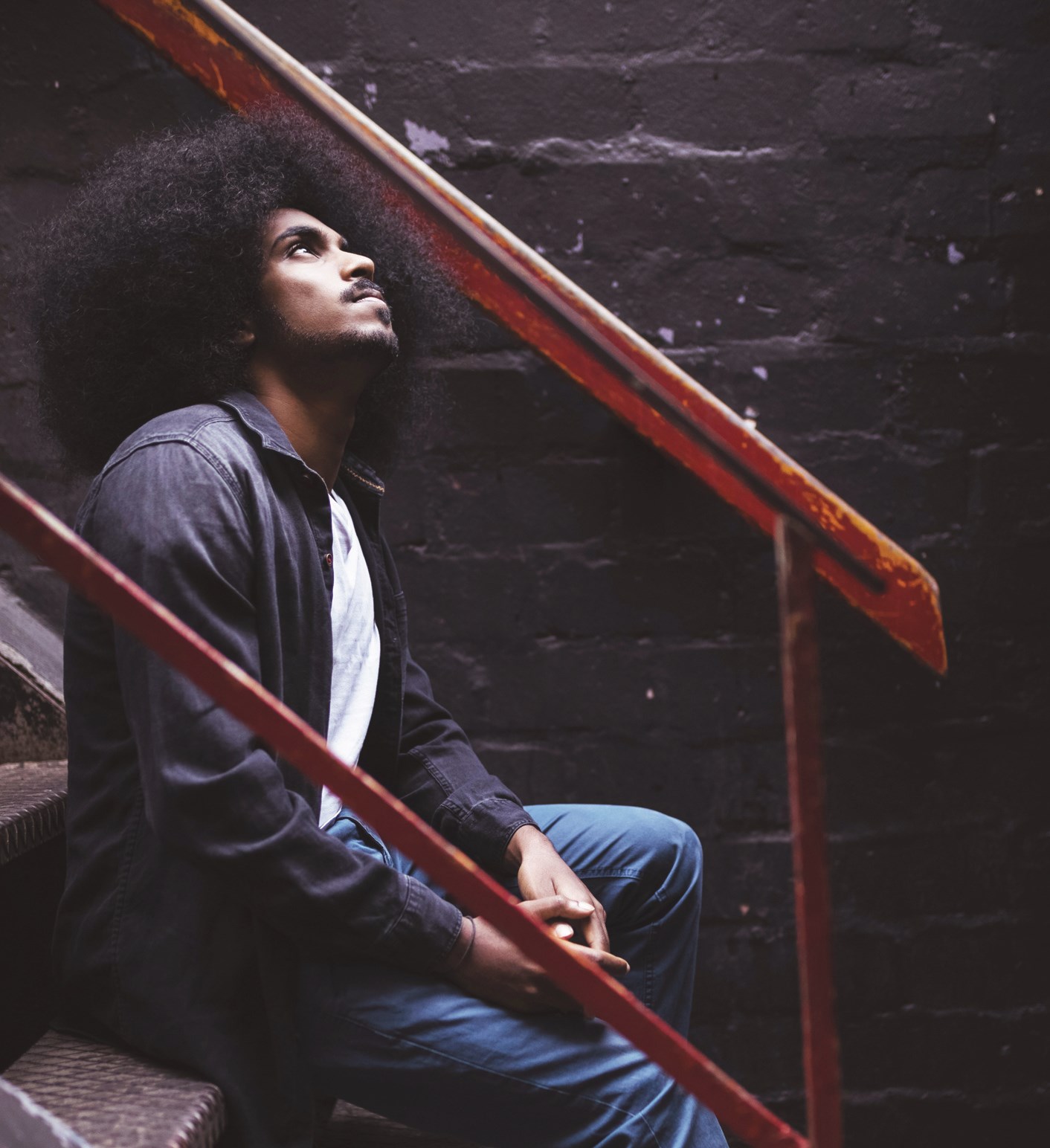
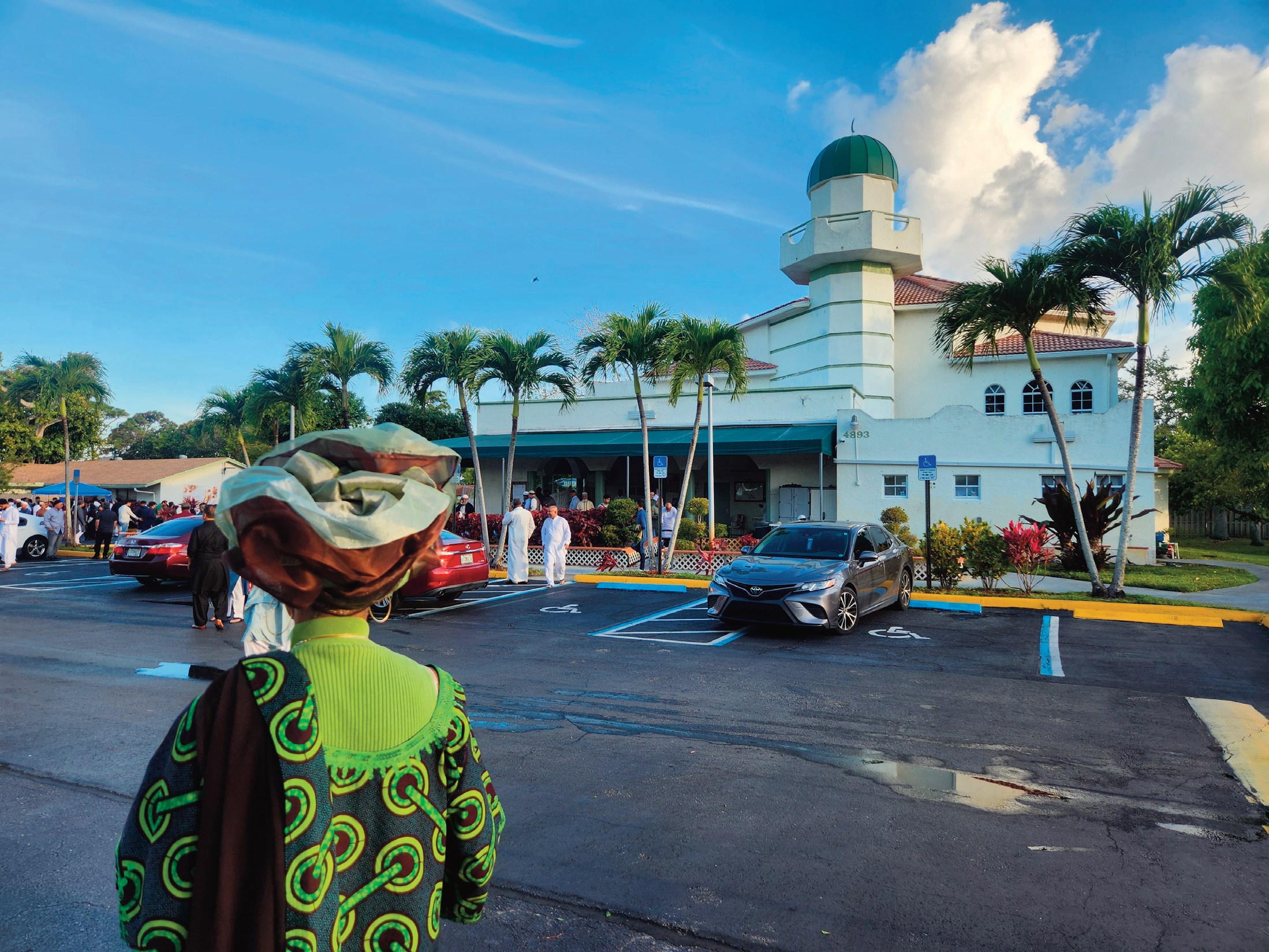



No Comment